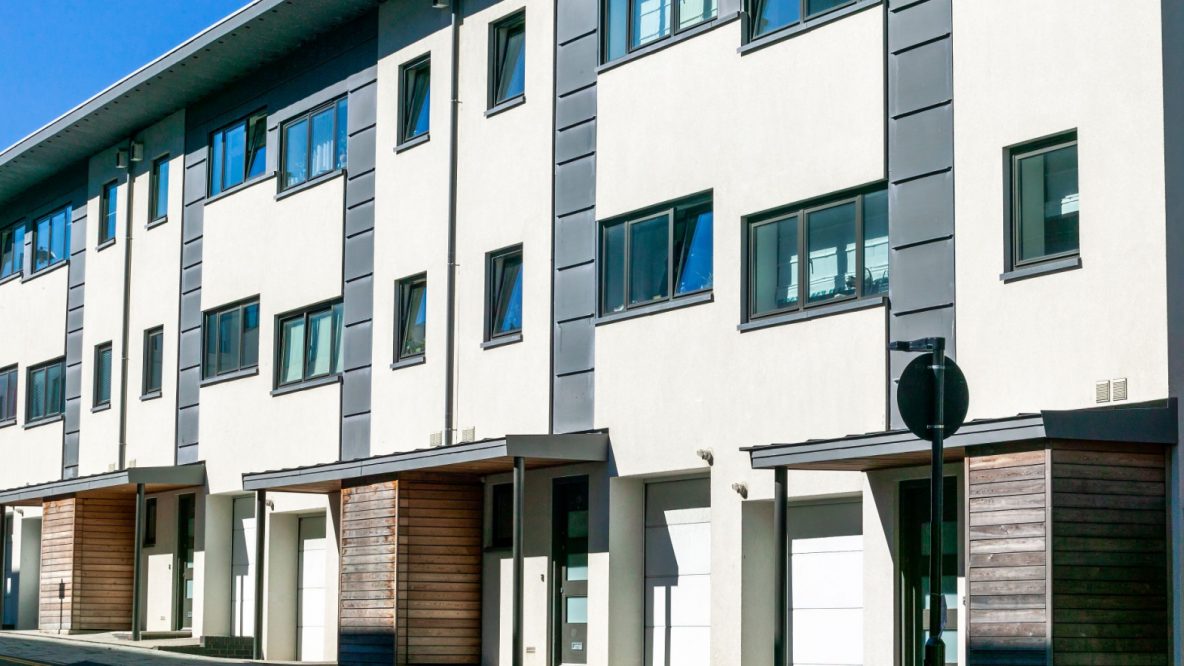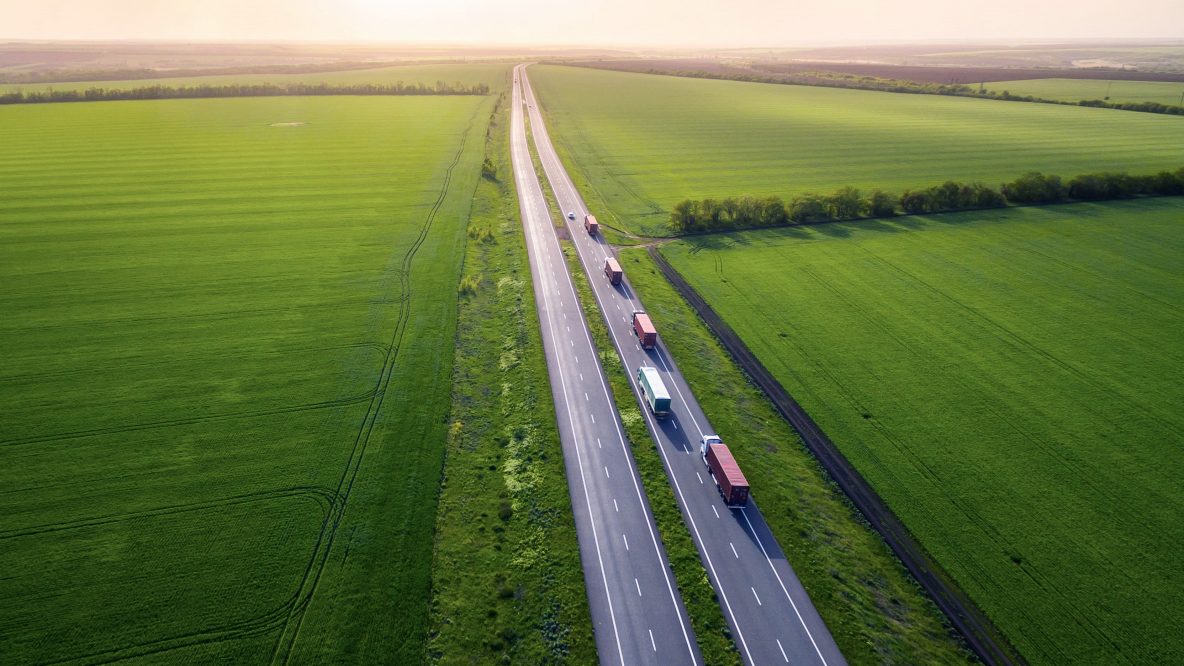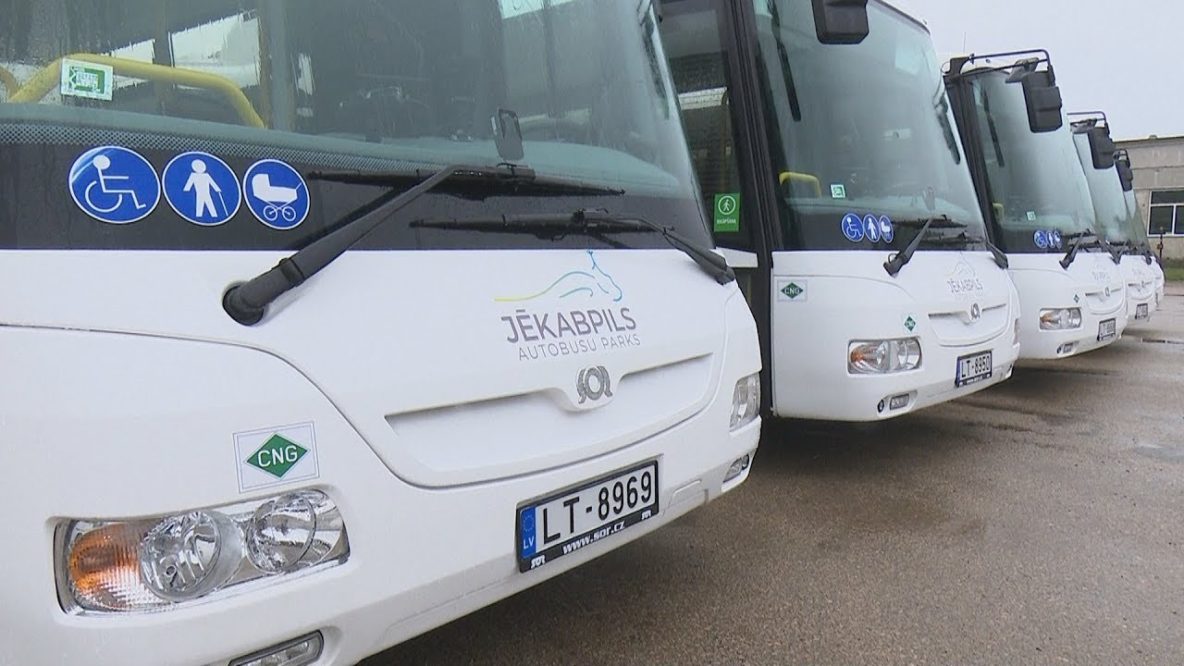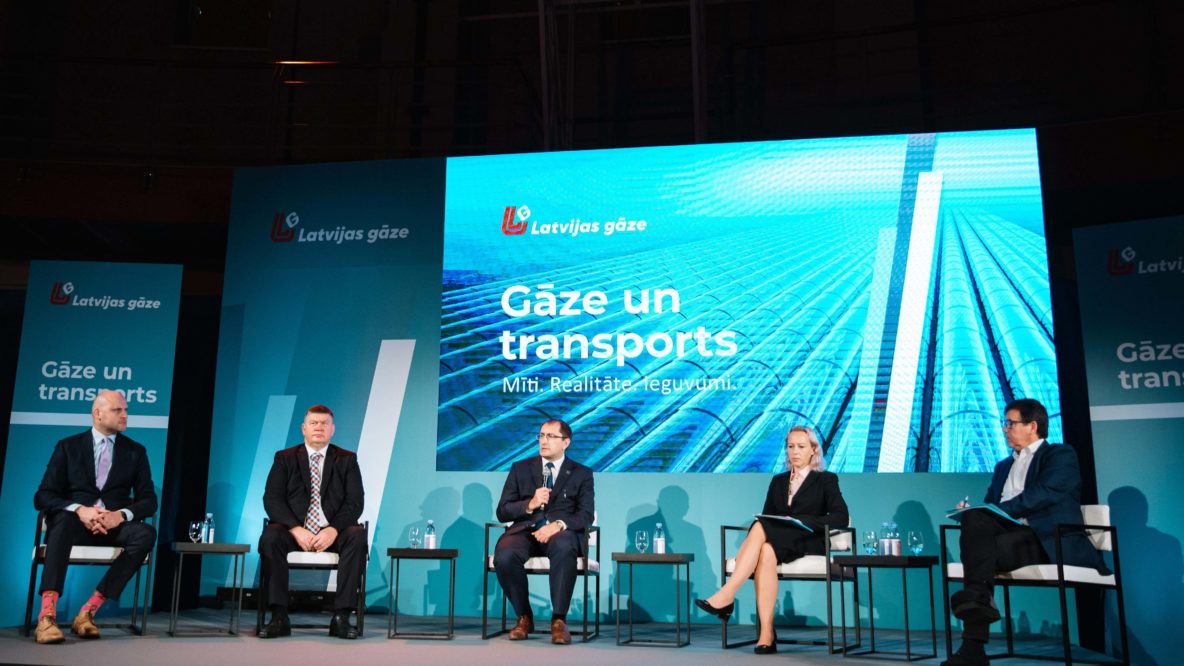
Compensations will be applied for the period from July 1, 2022 to April 30, 2023. Households do not need to apply for state aid; the reduced fee will be included in the billing documents automatically in accordance with the amount determined by the state.

In order to reduce the impact of increase in the price of energy resources, the government has decided to compensate the increase in the price of natural gas not only for residents, but also for consumers in buildings where the contract with the natural gas trader is held by the building manager or another legal entity. The state aid can be received by the owner, manager, project developer of multi-apartment residential buildings, terraced houses, where natural gas is used by households within the framework of mutual contractual obligations.

In the wake of the energy crisis across Europe, the government has decided to compensate for the increase in the price of natural gas for citizens with annual natural gas consumption above 250 m3. Compensation will be applied for the period from January to the end of April 2022. Households do not need to apply for state aid; the reduced fee will be included in the billing documents automatically in accordance with the amount determined by the state.

The use of natural gas in road transport has become increasingly popular over the last decade. CNG-powered cars are now used by more than two million Europeans and are suitable for everyone, from private vehicle owners to public transport and freight transport.

Jēkabpils is one of the first towns where commercial vehicles run on CNG. According to chairman of the board of SIA ‘Jēkabpils autobusu parks’ Jānis Ščerbickis, the renovation of their bus fleet with seven CNG vehicles in Jēkabpils has made it possible to maintain the bus fare at the current level (0.50 euros), and to preserve various discounts and benefits, such as free bus rides for schoolchildren.

On 13 October of this year, during the conference of Latvijas Gāze ‘Gas and transport. Myths. Reality. Benefits.’ a panel discussion was held, in which experts and attendees discussed options for the reduction of greenhouse gas (GHG) emissions from transport in order to meet international climate objectives while maintaining the competitiveness of the businesses.